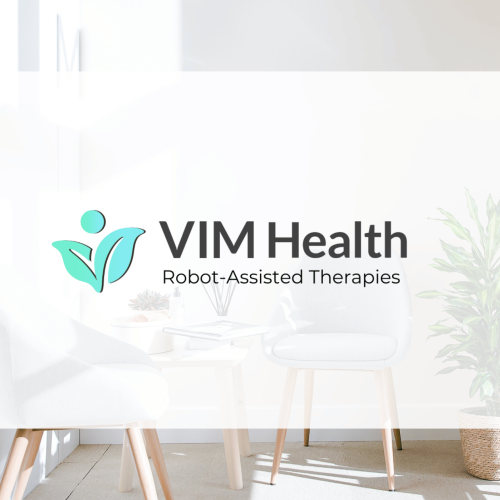Neuroplasticity is a powerful concept — and one that sits at the heart of everything we do at Vim Health. Simply put, it’s the brain’s ability to reorganise and adapt by forming new neural connections. This process becomes especially important after a neurological injury, such as a stroke, spinal cord injury, or brain trauma, when the brain must find new ways to function.
In this article, we’ll explore what neuroplasticity is, how it influences recovery, and how our neurorehabilitation services in Sussex are designed to support and enhance this natural process.
What is Neuroplasticity?
Neuroplasticity refers to the brain’s ability to change its structure and function in response to learning, experience, or injury. While once thought to be fixed after early childhood, we now know the brain retains this remarkable capacity well into adulthood — and even in later life.
There are two main forms:
- Structural plasticity: when the brain physically changes its structure in response to learning or experience.
- Functional plasticity: when undamaged parts of the brain take over functions from the damaged areas.
In neurorehabilitation, we use these properties to re-educate the nervous system, stimulate recovery, and restore function.
Why Neuroplasticity Matters After Injury
When someone experiences a stroke or traumatic brain injury, some brain cells are damaged or die. In many cases, the skills they controlled — such as speech, movement, or memory — can be impaired. But with targeted rehabilitation, the brain can be “retrained” to compensate, adapt, and reroute these skills.
At Vim Health, this is the principle behind many of our evidence-based therapies. We work with clients across Sussex to activate new neural pathways through structured, repetitive, and meaningful practice.
How We Support Neuroplasticity at Vim Health
Every element of our neurorehabilitation programme is shaped by neuroplastic principles. Here’s how we bring that science to life:
1. Repetition and Intensity
Repetition is critical. The brain needs consistent signals to reinforce a task. Whether it’s stepping on a robotic gait trainer like the Lyra, or practicing daily activities with an OT, our programmes are built around high-intensity, task-specific repetition.
2. Task-Specific Training
The brain learns best when tasks are relevant. That’s why we focus therapy around meaningful goals — walking to the kitchen, using a staircase, making a cup of tea — rather than generic exercises.
3. Real-Time Feedback
Devices like LiteGait and FES (Functional Electrical Stimulation) bikes provide immediate feedback and stimulation, helping the brain to rewire more efficiently.
4. Multisensory Input
The more senses involved, the stronger the connections. We use a combination of movement, visual tracking, audio cues, and touch to engage multiple areas of the brain simultaneously.
Who Can Benefit?
Neuroplasticity is relevant across a wide range of conditions, including:
- Stroke
- Spinal Cord Injury
- Traumatic Brain Injury
- Cerebral Palsy
- Multiple Sclerosis
Each condition presents differently, but the common thread is the brain’s ongoing capacity to adapt — and our ability to guide that process with the right support.
A Holistic Approach
Neuroplasticity isn’t just about what happens in a treatment session. Sleep, nutrition, mood, and motivation all influence how the brain responds. That’s why our team — from physiotherapists to occupational therapists — take a holistic approach to recovery. We support clients not only physically, but emotionally and psychologically too. While every person’s recovery is different, the ability of the brain to rewire itself is a game-changing principle that guides our work every day.
📞 Want to learn more about how neurorehabilitation can help you or your client? Get in touch with Vim Health to discuss your goals and find out how we support brain recovery through expert-led, evidence-based therapy in Sussex: 01273 037400
